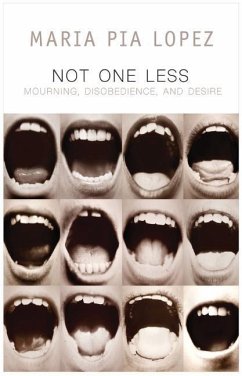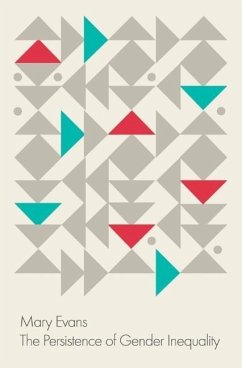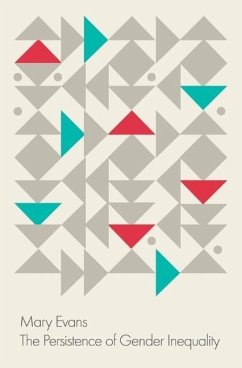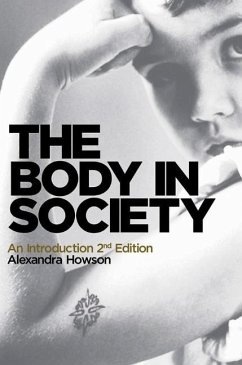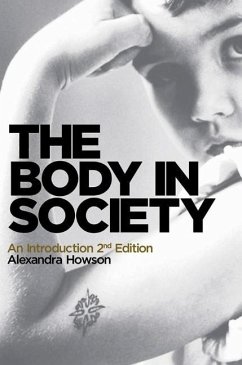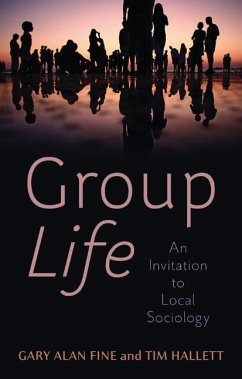Nicht lieferbar
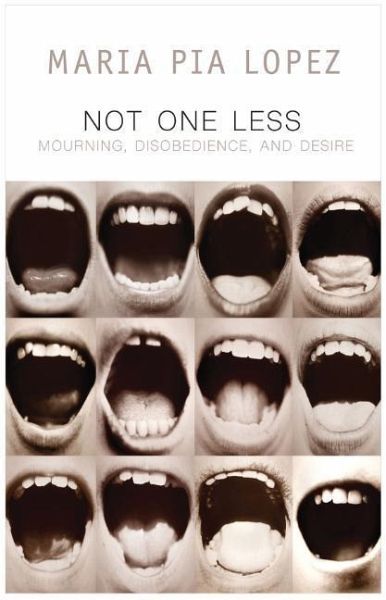
Not One Less
Mourning, Disobedience and Desire
Übersetzung: Riddle, Frances
On June 3, 2015, massive women's street demonstrations took place in many cities across Argentina to protest against femicide. Under the slogan Ni una menos, Not One (Woman) Less, thousands of women took to the streets to express their outrage at systematic violence against women, giving a face and a voice to women who might otherwise have died in silence.Maria Pia López, a founding member and active participant in the Not One Less protest, offers in this book a first-hand account of the distinctive aesthetics, characteristics and lineages of this popular feminist movement, while examining th...
On June 3, 2015, massive women's street demonstrations took place in many cities across Argentina to protest against femicide. Under the slogan Ni una menos, Not One (Woman) Less, thousands of women took to the streets to express their outrage at systematic violence against women, giving a face and a voice to women who might otherwise have died in silence.
Maria Pia López, a founding member and active participant in the Not One Less protest, offers in this book a first-hand account of the distinctive aesthetics, characteristics and lineages of this popular feminist movement, while examining the broader issues of gender politics and violence, inequality and social justice, mourning, performance and protest that are relevant to all contemporary societies.
A unique analysis of a social movement as well as a rich and original work of feminist theory and practice, this book will appeal to a wide readership concerned about gender based violence in the neoliberal contexts and what can be done to resist it.
Maria Pia López, a founding member and active participant in the Not One Less protest, offers in this book a first-hand account of the distinctive aesthetics, characteristics and lineages of this popular feminist movement, while examining the broader issues of gender politics and violence, inequality and social justice, mourning, performance and protest that are relevant to all contemporary societies.
A unique analysis of a social movement as well as a rich and original work of feminist theory and practice, this book will appeal to a wide readership concerned about gender based violence in the neoliberal contexts and what can be done to resist it.





